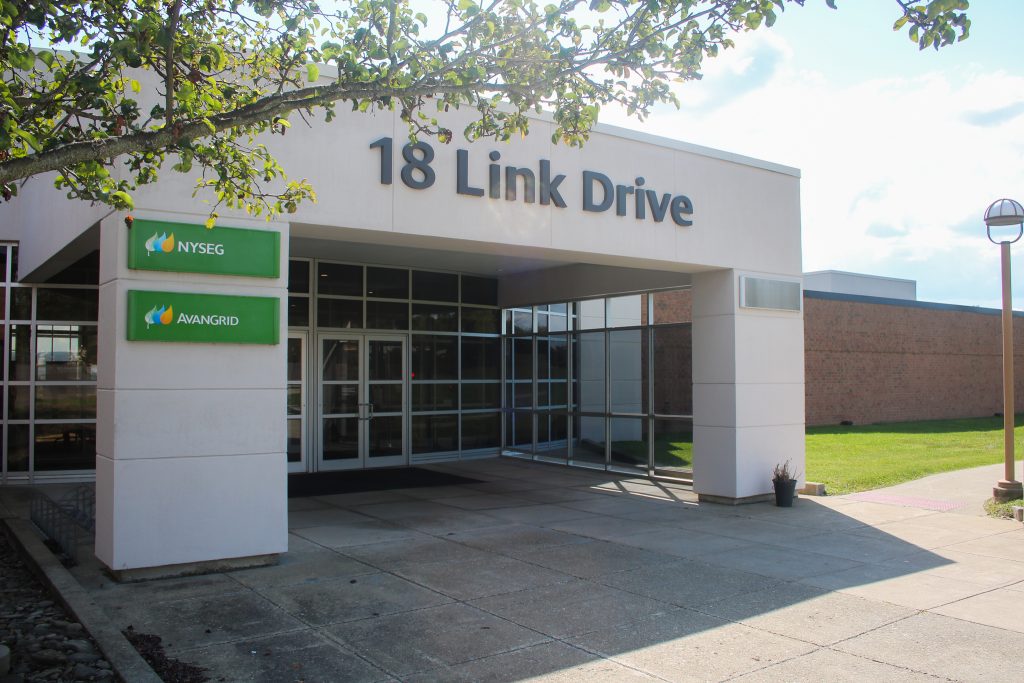As rent, utilities and maintenance costs have increased, the cost of living in Binghamton, for students and locals, alike has continued to rise.
In October, New York State Electric and Gas, a major utility company, announced utility price hikes. The hikes, which were unanimously approved by the New York State Public Service Commission, mean that a customer using 600 kilowatt-hours of electricity per month saw an average increase of $9.94, or 10.3 percent, in November 2023, and then $8.88, or 8.4 percent, beginning in May 2024.
Rates will continue to rise by an average of $11.34 in May 2025, according to a 2023 press release, which also announced a three-year rate hike in gas heating prices and that low-income customers will receive $27.47 million in assistance.
The rate hikes came after NYSEG’s customer service faced criticism for frequent outages, billing issues and unreliability. The company recently faced a $11.4 million fine for failing to meet customer service metrics in 2023.
“NYSEG has a monopoly on gas in the area which has only served to make prices higher than necessary,” the Students’ Tenant Union wrote to Pipe Dream. “This is an issue for student tenants who often sign leases that require them to pay out of pocket for utilities — an extension of the power imbalance between tenants and landlords in Binghamton.”
The company did not respond to a request for comment.
Aside from utilities, average rent prices have risen 19 percent across the country since 2019, according to the Washington Post, with Broome County seeing a 20.4 percent increase over the same period. The median rent in Binghamton is over $2,800 as of this month, according to Zillow estimates. Local renters pay 24 percent more than the nationwide median.
“The price for housing in Binghamton as a whole has increased as it has across the country.” Jim Slocum of Bearcats Housing, a large property management company, wrote. “I believe the increase in Student Housing has been minimal compared to that of traditional housing for families and professionals.”
Maintenance prices have also risen since the COVID-19 pandemic, according to Slocum. While rent inflation has slowed compared to last year, cost of living increases have continued to affect students and community members. The Tenants Union added that the costs associated with living on campus have also been rising, reflecting off-campus trends.
Expenses are rising amid a housing crisis in Binghamton. The City Council recently passed a law to make “unhoused” a protected class. New York State Sen. Lea Webb attended a forum last week that addressed local food and housing insecurity.
“The cost of living has continued to rise at a staggering rate in this country, due in part to COVID and the massive upward transfer of wealth that occurred during that time, but also due to the cunning and deliberate collusion of the landlord class to manipulate the market,” the Tenants Union wrote. “This has affected students in an unique way, as they are unable to work a full time job due to classes, and are dependent on rental properties because they don’t plan to live in Binghamton permanently, putting them at the mercy of a small and shrinking number of landlords who have effectively monopolized student housing.”



